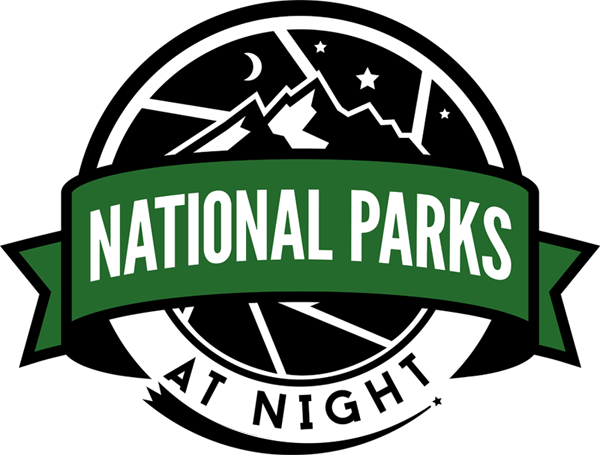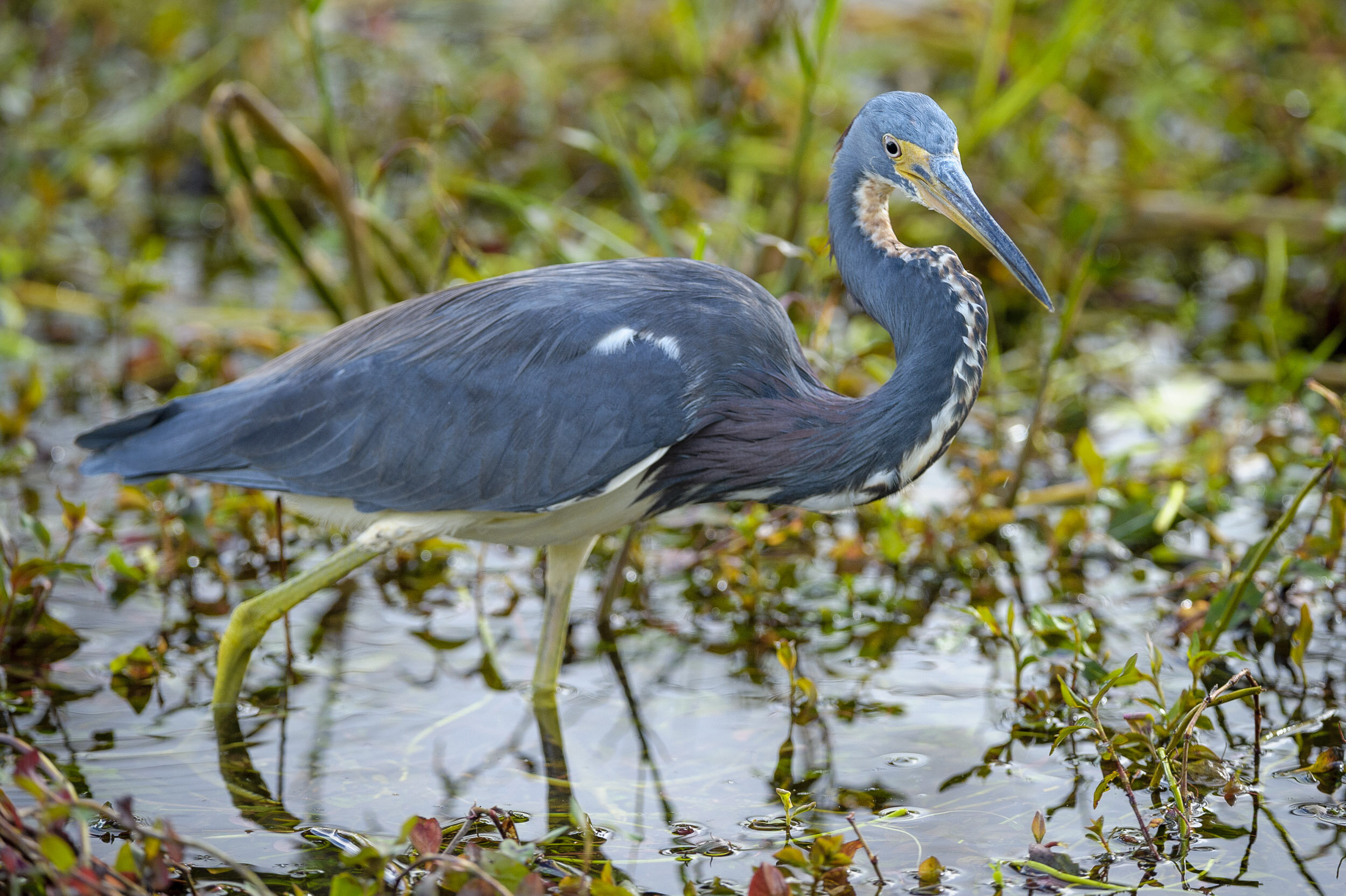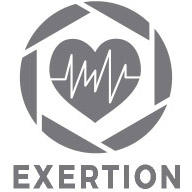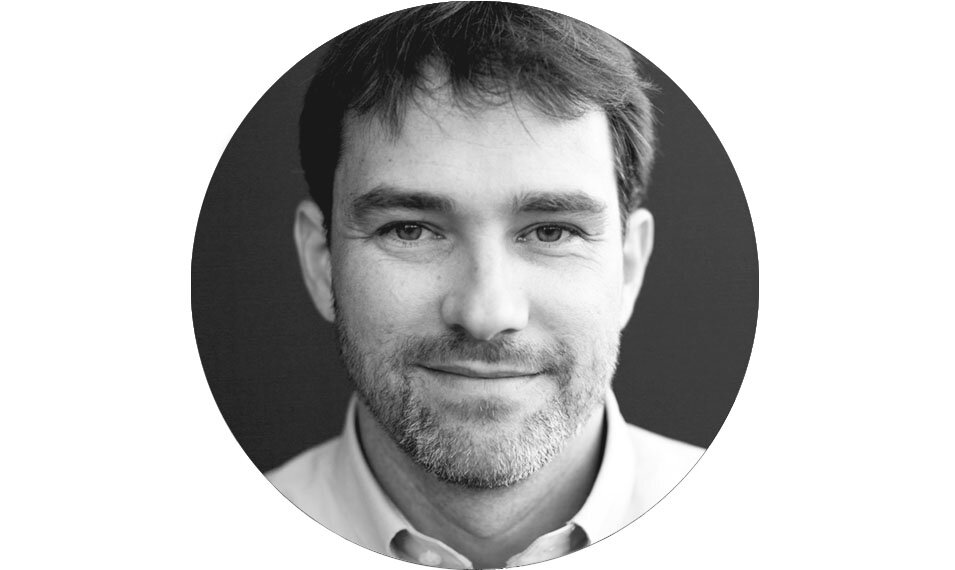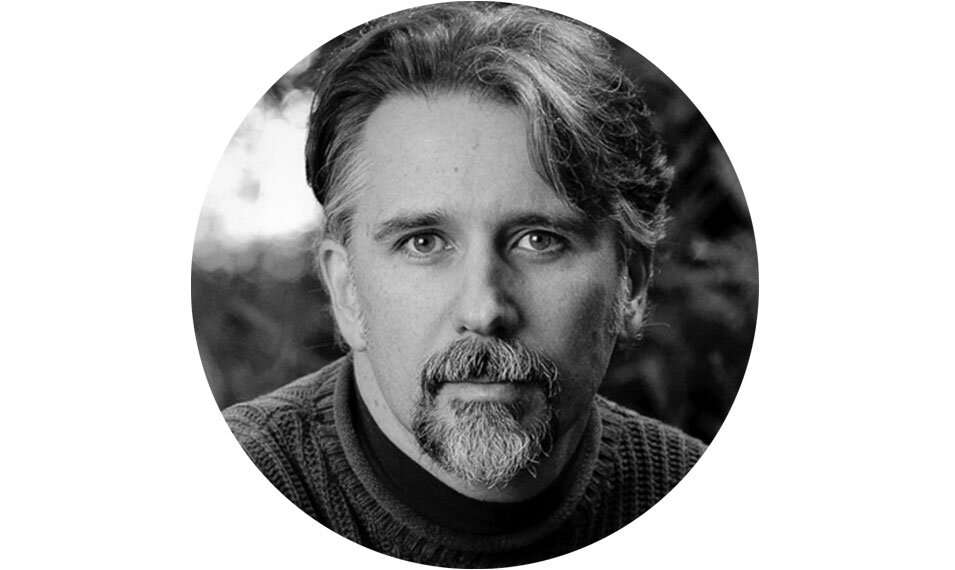Everglades
The Everglades is primal, yet inviting. The landscape is raw, yet beautiful. The mosaic of habitats invites photographers to explore and be inspired by wetlands and pinelands, coastal lowlands and freshwater ponds, hardwood hammocks and cypress stands, and vast sawgrass-prairie "rivers of grass." And, of course, the wildlife, from migrating birds to the park's most famous resident, the American alligator. Over them all at night hover a crisp, starry sky and a Milky Way arching from horizon to horizon.
Workshop Gallery
Workshop Details
April 12-17, 2021 — Completed
This is a 5-night, 6-day workshop. Your adventure begins on the morning of Monday, April 12, and ends after a final slideshow on the afternoon of Saturday, April 17.
$1,750 + applicable taxes. Register below.
Skill level
Open to all who have an understanding of the basic principles of photography and of their cameras.
Group size
14, with 2 instructors — 7:1 ratio
NPS website
Our workshop mission is to explore every U.S. national park. As with all our Passport Series locations, it may be years (if ever) before we return to any specific park. If you have a dream of making epic long exposures at night at Everglades, we hope you join us.
Workshop Leaders
Registration
THIS EVENT HAS PASSED. THANKS FOR YOUR INTEREST!
| • Deposit of $500 is required to reserve your spot at the workshop. |
| • Balance of $1,250 is due on January 12, 2021. —> Pay balance here. |
| • You may choose the “Pay in Full” ticket if you desire to pay all at once. |
| • Last day for a cancellation request is January 11, 2021 (see cancellation and refund policy). |
| • The workshop fee does not include lodging, food, airfare, Everglades entrance fees, or transportation to Homestead or to our nightly shoot locations. |
The Everglades Experience
For five nights, we’ll venture into the primitive landscapes of the Everglades to photograph the Milky Way, stars and star trails, the coastline and waterfront locations, hammocks and sawgrass rivers, and more. We’ll also make at least a couple of day trips to photograph wildlife and to learn more about this amazing park.
We planned this workshop as our first of the 2021 Milky Way season. Everglades is a great spot to photograph our galaxy, as it hovers in the southeastern sky over the open waters of Florida Bay and the more distant Atlantic Ocean. The Milky Way core will be rising late, but there will be plenty to keep us occupied until then, including star points and star trails over the wetlands of the largest subtropical wilderness in the United States. We’ll also have opportunities for light painting and photographing some man-made areas.
Immediately adjacent to Everglades is Big Cypress National Preserve, and we’ll make a jaunt over there as well, including a visit to Clyde Butcher’s print gallery.
The workshop will begin in completely dark skies, on the night after the new moon. It will end under a waxing crescent, which we will photograph rising over the landscape.
What You Should Know
Participants must have at least basic photo skills, know their cameras well, and be comfortable shooting RAW in manual mode with a DSLR or high-end mirrorless camera.
Night photography experience is not necessary, but even folks with extensive experience shooting at night will find this class challenging, stimulating and inspiring. For more advanced night photographers, we can offer a portfolio review and specific challenges and goals, and will offer guidance in the field if you mainly want to concentrate on creating portfolio images or learning more advanced techniques.
If you would like to attend this workshop but are unsure whether you have adequate night photography skills, we can offer pre-workshop tutoring to get you ready for your adventure with us. Alternatively or additionally, a few of us have written books that may be productive pre-workshop reads.
What You Will Learn
We hope to push you to step outside your comfort zone—to test the limits of what you and your camera can do. You’ll go home after the workshop with a solid grasp of night photography in a dark environment, and a good foundation in light painting techniques.
TOPICS COVERED WILL INCLUDE:
how to scout, capture and edit Milky Way photos
photographing star trails and star points
scouting and shooting a moonset
light painting in dark and slight-light conditions
focusing in a no-light situation
how to deal with long exposure noise in warm environments
and more …
This workshop will have both field and classroom instruction. We will be in the classroom a few days, on group outings a couple of days, and in the field at different locations each night. Participants can stay out shooting as long as they, or their camera batteries, hold out.
While in the field, the instructors will demonstrate their own techniques and will work with participants one-on-one to make sure everyone gets the most out of the workshop. During classroom sessions, there will be presentations by the instructors, but we will also focus on developing your images and sharing everyone's work and ideas with each other. On classroom days we’ll review the previous night’s work.
Our locations have generous room to explore, so everyone will be able to spread out and not get in one another’s way. Each participant will have the opportunity to work one-on-one with Chris and Lance in the field.
We do not tell our attendees what to photograph, and won’t line you up in a row to all shoot the same thing (unless it’s helpful to get some people on track). Instead, we encourage you to use what you have learned to create your own unique images, and to let us guide you through the process should you desire. We do not teach you to do what we do, but rather how to develop your own night vision.
Night Conditions
Travel
You will need a rental car, but there is no need for four-wheel-drive or high-clearance vehicle. If you are interested in carpooling or sharing a rental car, let us know and we will try to connect you with another attendee looking for the same. You are responsible for arranging and paying for your own transportation.
Nearby Airports:
Miami (MIA) — 45 minutes from Homestead
Fort Lauderdale (FLL) — 1 hour
Food & Lodging
The workshop base camp will be in Homestead, Florida. You will receive a hotel group code that can be used to reserve a room. There are other lodging options in Homestead, or camping in the park if you prefer, though staying at the official hotel will make it easier to meet with the group each day.
The Homestead area has plenty of food options, including excellent Cuban cuisine. Grocery stores are also convenient, should you wish to prepare your own food. We encourage eating two meals per day—a good late breakfast and a great late lunch. When on the night shoots, you may wish to bring snack food or a sandwich and plenty of water.
You are responsible for arranging and paying for your own meals and accommodations.
Weather
April in the Everglades is the last month of the dry season, and the last month of temperatures that most people would consider “reasonable.” We’ll have highs in the 80s F, with lows in the 60s. We might see a little bit of rain, but history says we’ll stay relatively dry.
Recommended Attire
Layers. Shorts and short-sleeve shirts will be fine in daylight. Once night falls, humidity and cooler air can bring on a little chill, so bring some pants, a few long-sleeve shirts and a light jacket. Those extra-length clothes will serve another purpose. …
Mosquito protection. They’re an unfortunate fact of working in the Everglades at night. At least we won’t be there in high-mosquito season, so they’ll be out in smaller numbers, but they’ll be out for sure. So those long sleeves will serve you well, as would an over-the-head mosquito-net mask.
Wear comfortable trail shoes—consider a waterproof model, as we’ll be working around the shores of ponds and the ocean.
Considerations
If you’re especially concerned about mosquitoes, you might want to bring a good bug repellent. Also bring hand wipes, so you can clean up before handling your camera gear.
No vigorous activity will be required during the workshop, but please consider your physical abilities prior to registering. We might walk a bit, but he terrain is dramatically flat. You should be comfortable carrying your own equipment over uneven ground in the dark.
Note: To ensure the safety of individuals and the group, National Parks at Night reserves the right for workshop leaders to use their discretion to limit an attendee from engaging in a rigorous activity on-site should that person's physical health or ability be in question. If you are unsure about your ability to meet the physical demands of this workshop, we will be happy to discuss your concerns one-on-one before you register. You are also, of course, welcome to attend a workshop and sit out any physical activity that makes you uncomfortable. In such cases, we can provide you with ideas for alternative shoot locations for that time.
Please read our FAQs section for more information about skill and gear requirements, and other information that pertains to all our workshops.
If you have questions, please contact us—we're happy to talk it over with you.
A Quiet Morning, Sort Of …
“My heart raced a little. I was sitting in a safe place, but I’d had no inkling …”
How many times have I been to the Everglades? Oh gosh …
If I tried, I could probably count, but for what point? I do know it’s one of my favorite places, and that’s what matters to me. I have myriad memories of visiting and photographing the park—sunrises, sunsets, starry skies and wildlife adventures included.
I’ve been alone there with my camera in all sorts of scenarios—with the sun rising through a ground fog, with a lonesome barred owl hooting in a hammock canopy overhead, with stars reflecting in the calm of a remote brackish lake. I’ve camped with the sound of ocean waves gently ebbing onto the shore, and hiked through sun and heat, and canoed among the mangroves of Nine Mile Pond with modern-day dinosaurs lurking beneath.
One morning I woke early, before the sun, and meandered to the Anhinga Trail. In the waning darkness, I walked into the sawgrass marsh, cameras and tripod in tow, to the dead end of a boardwalk trail, where I set up and sat down and waited for dawn, in a type of silence that can be found only in nature.
The horizon began to glow, and the sky began to lighten. And then I heard it. I had thought I was alone, which, in hindsight, was a foolish assumption. From within 5 or 6 feet away, somewhere unseen in the tall sawgrass, rose a guttural, primal, gravelly bellow. An alligator was waking, and letting the world know.
My heart raced a little. I was sitting in a safe place, but I’d had no inkling an apex predator was resting so nearby.
Then … another bellow, a little further away. Then, quickly, a third, from my right. Another in front of me, two more behind. Within a minute I was surrounded by a harmony of alligators announcing the coming of day. A minute earlier, I hadn’t even known they were there.
I love being in the national parks. Being. And experiencing. And living at least a part of my life among the wilds and the wild things that live there.
How many times have I been to the Everglades? Not enough.
